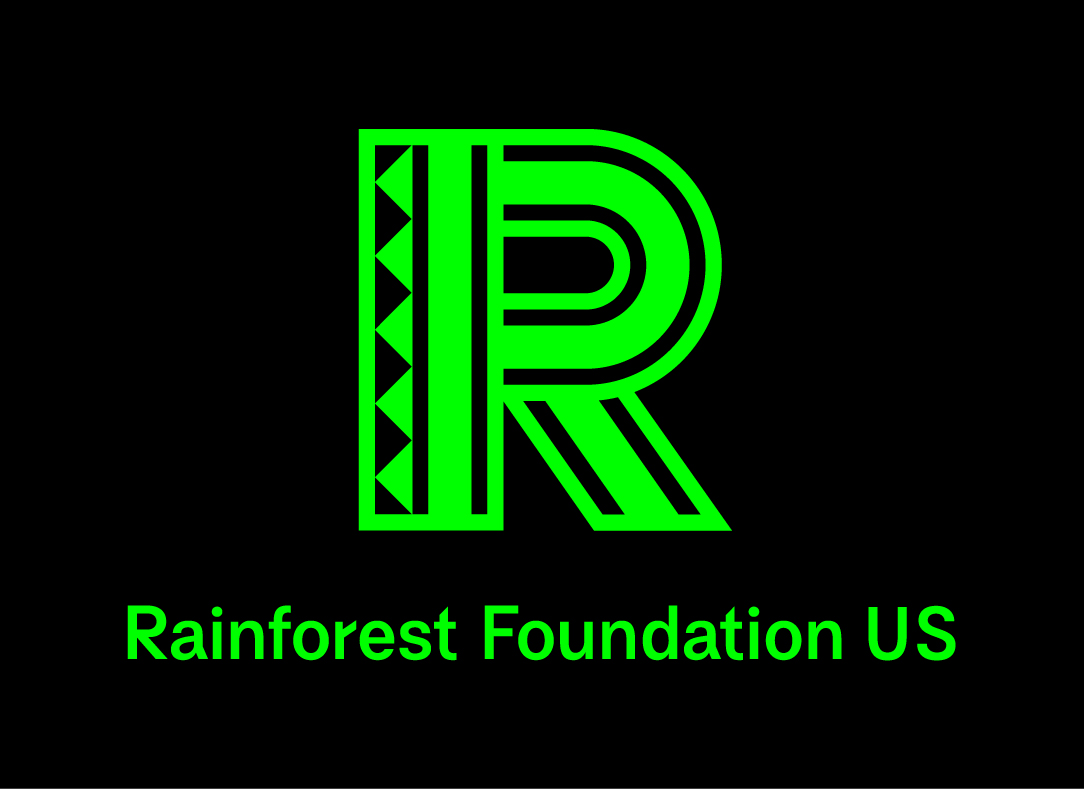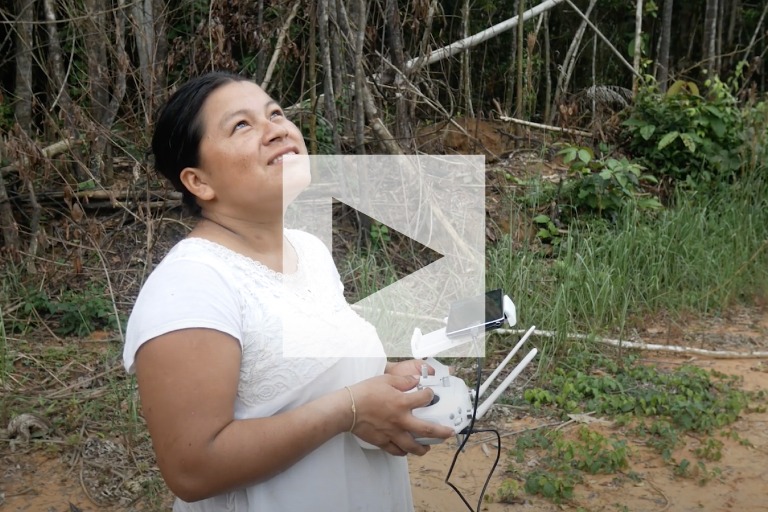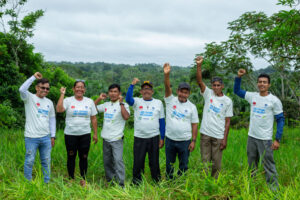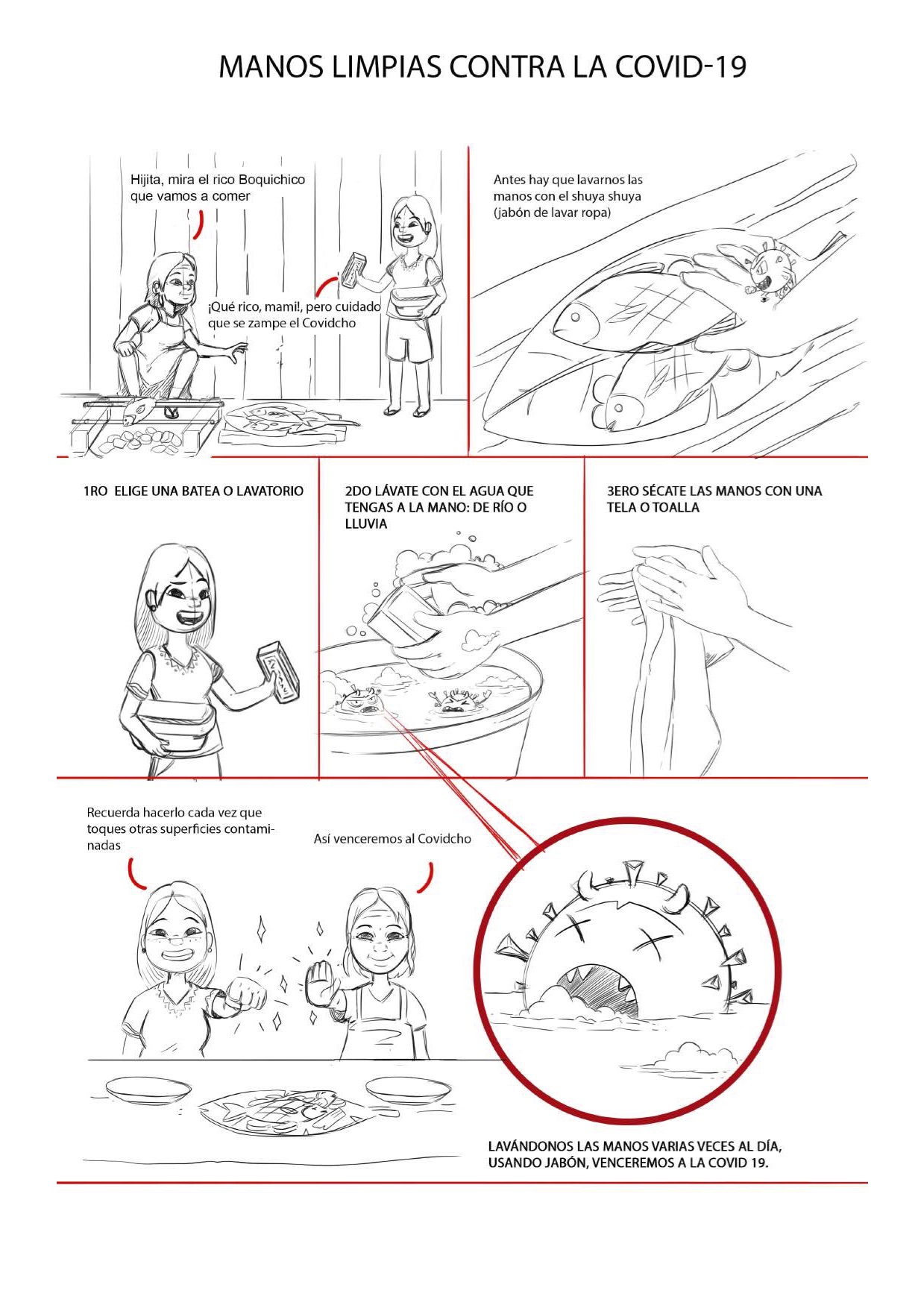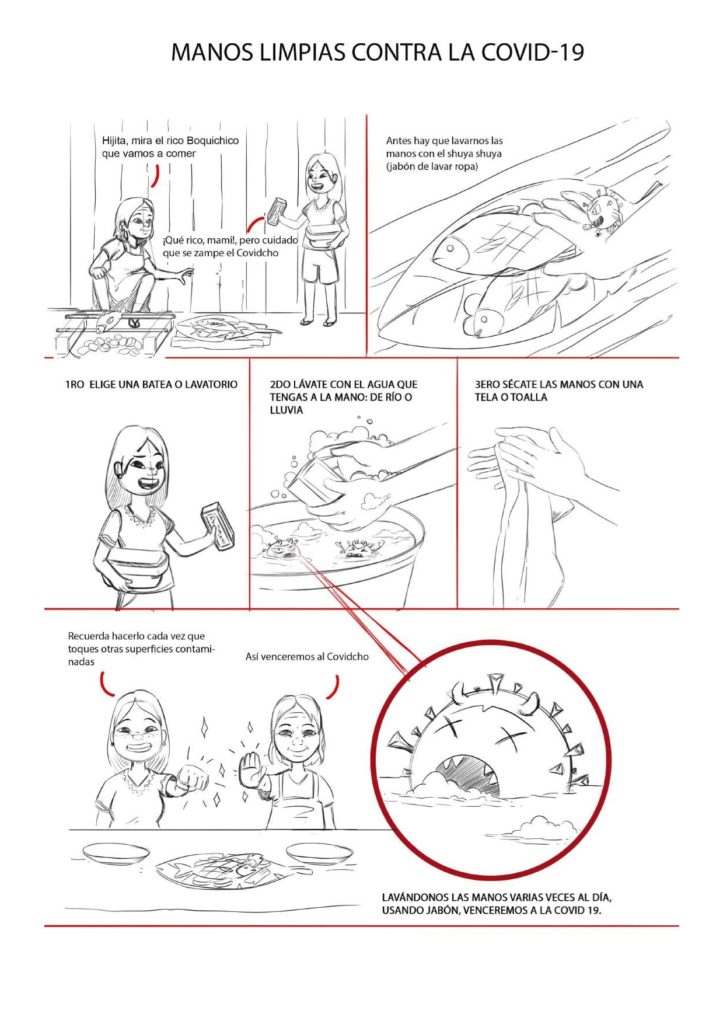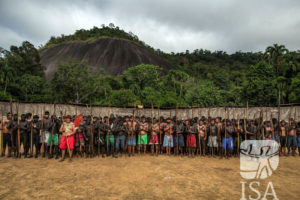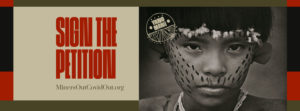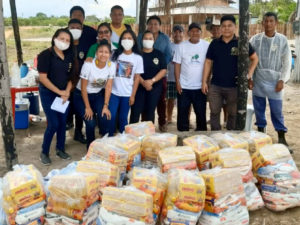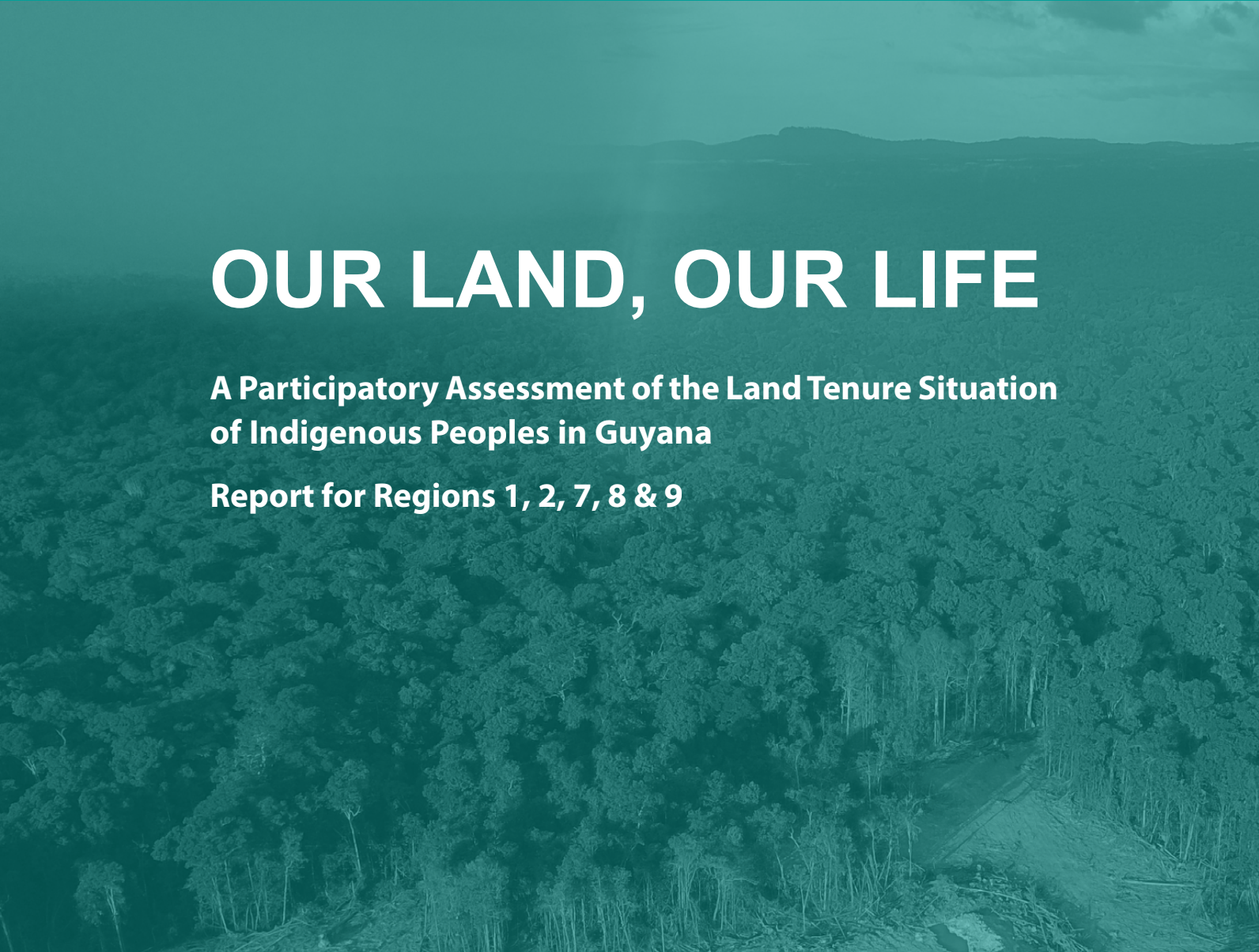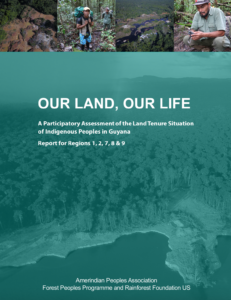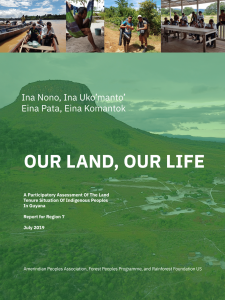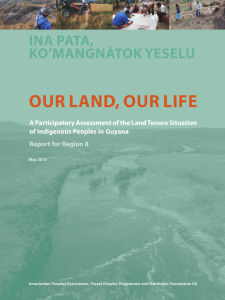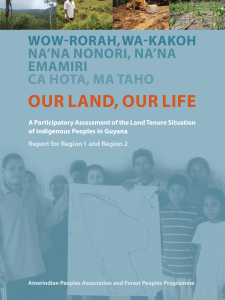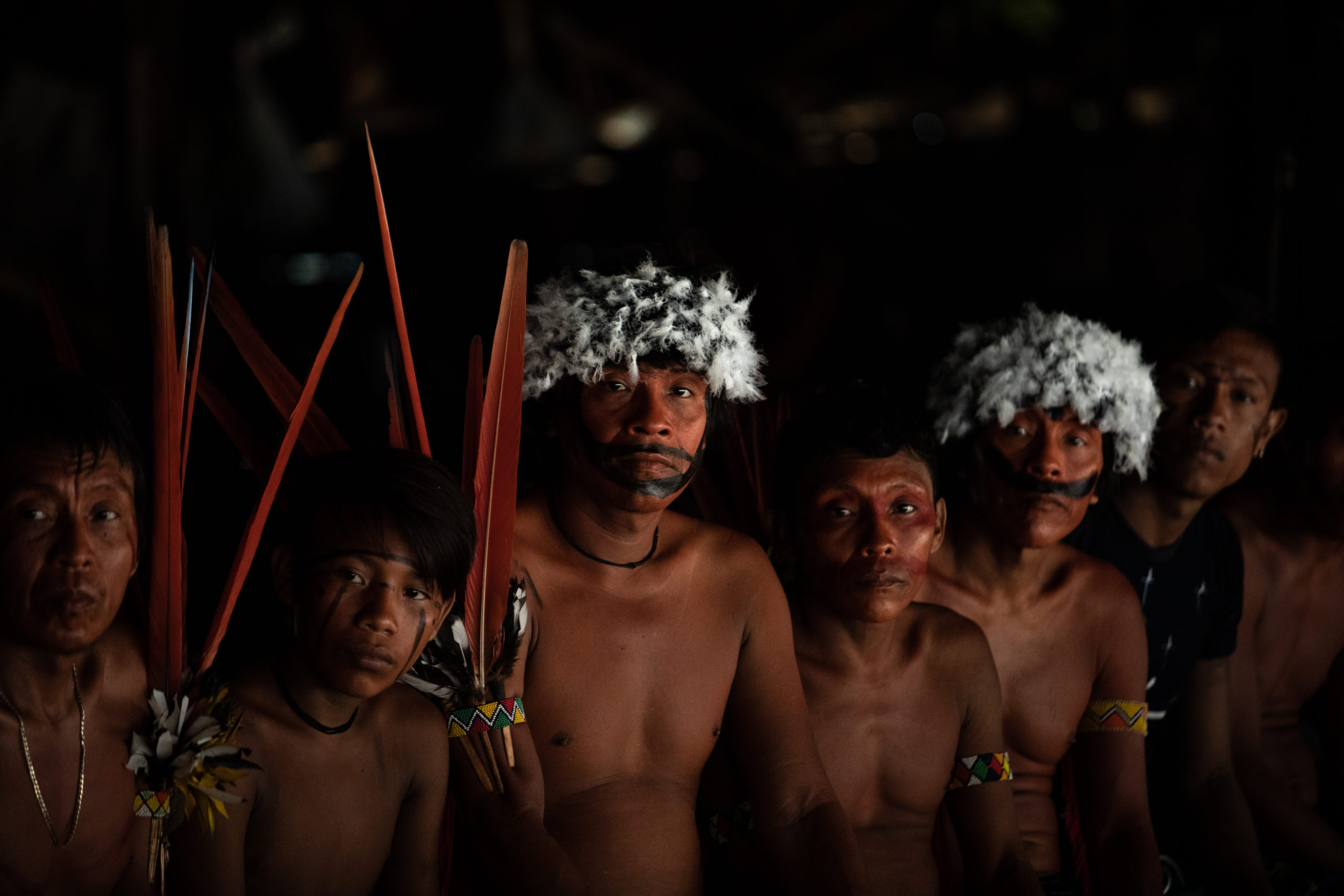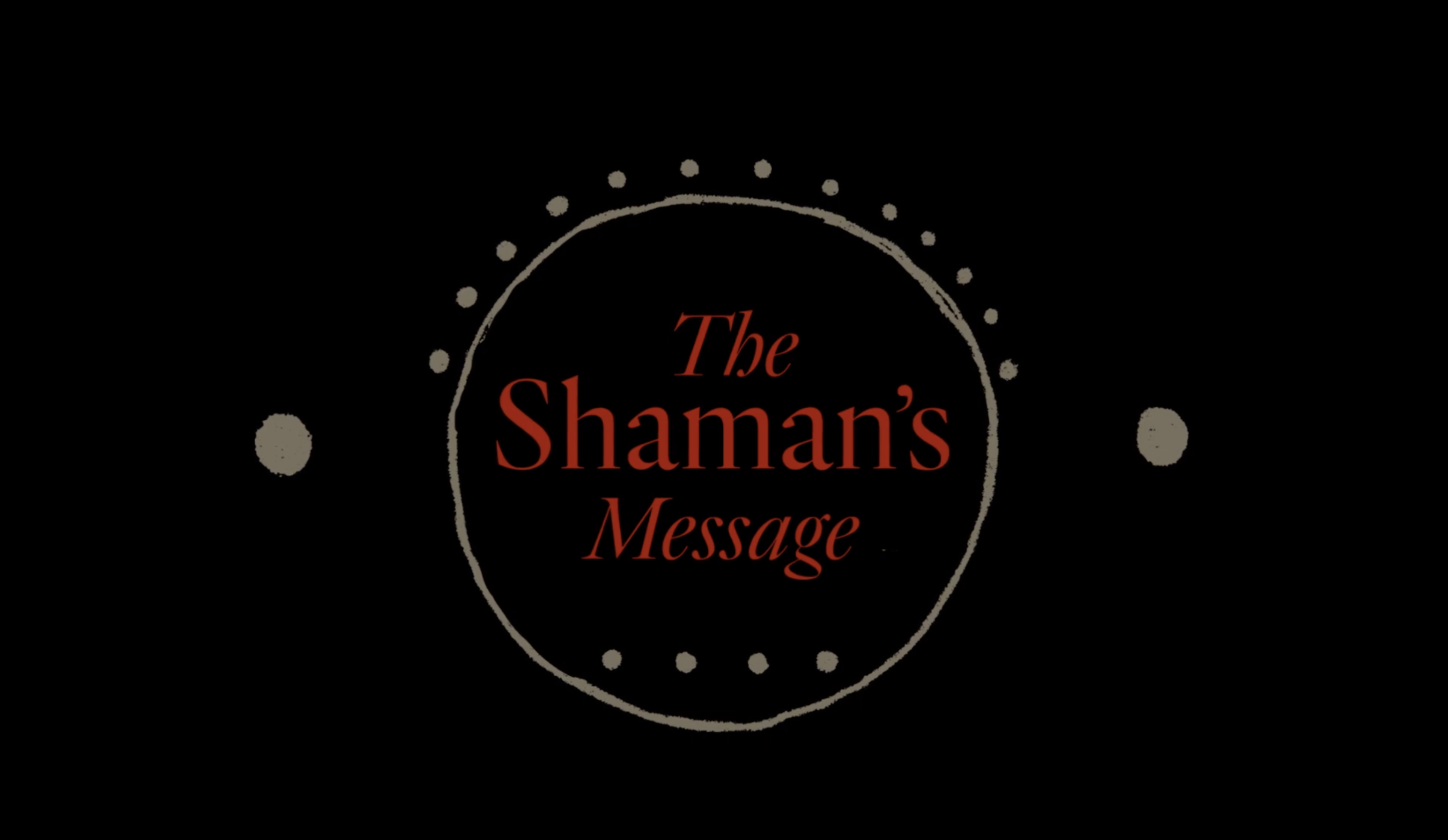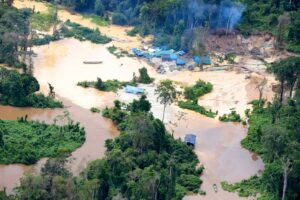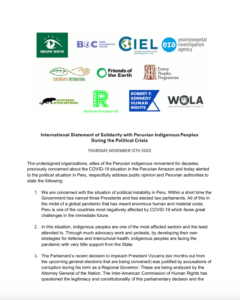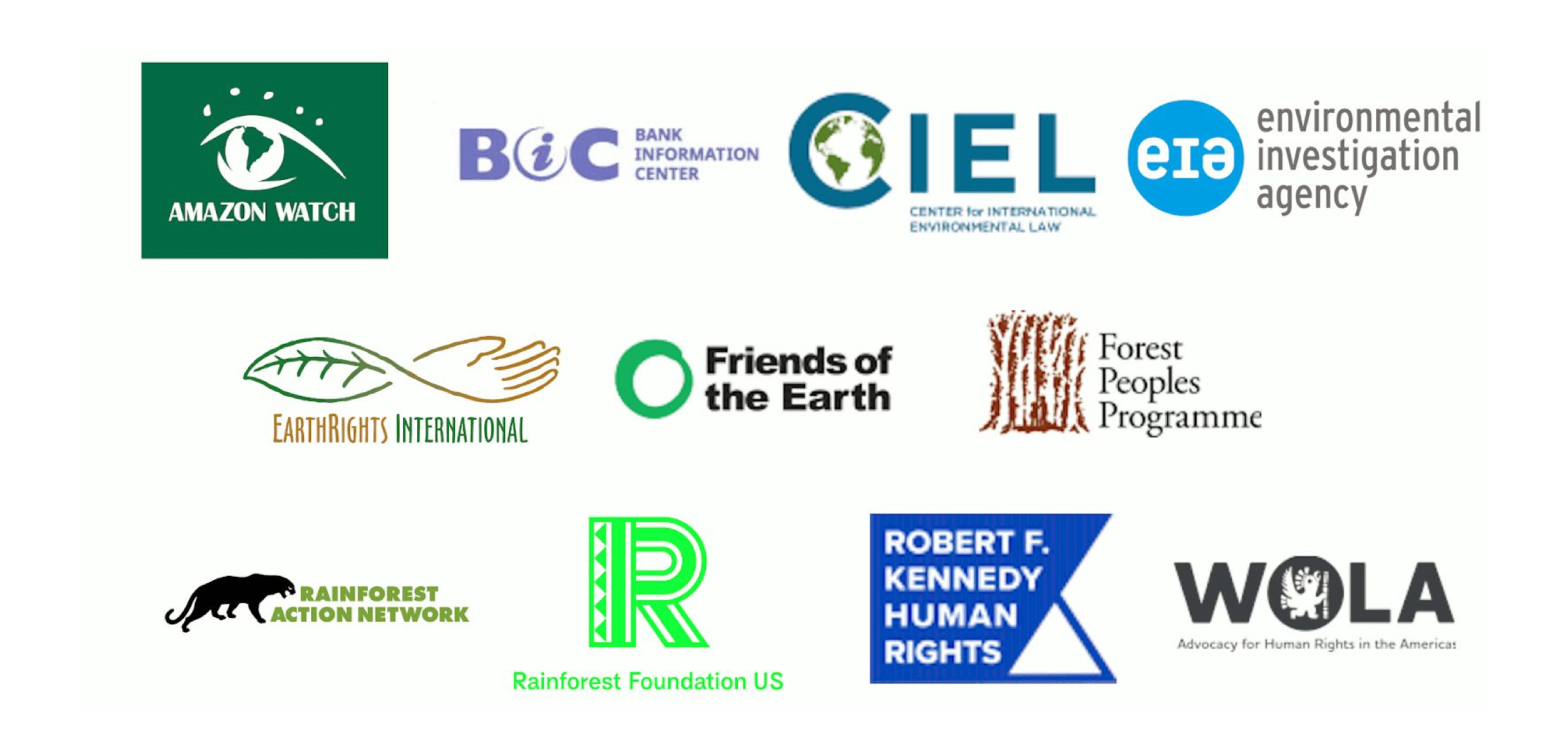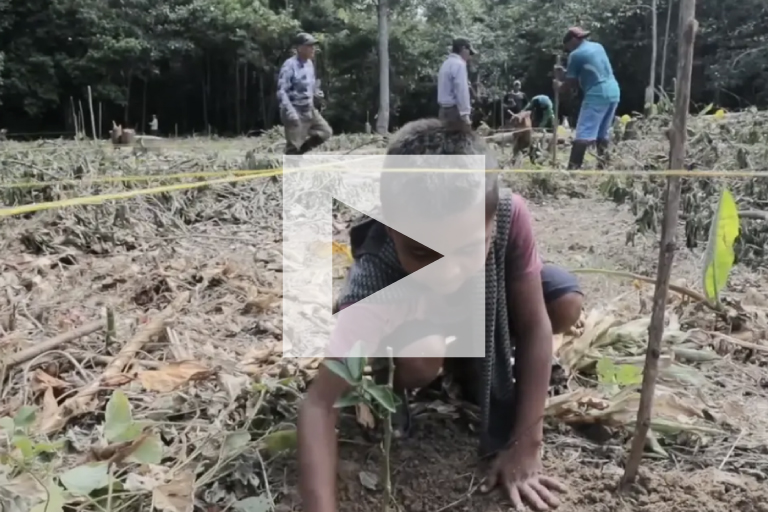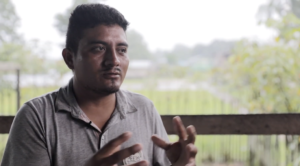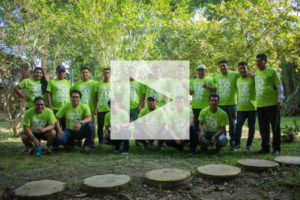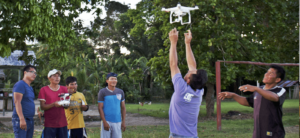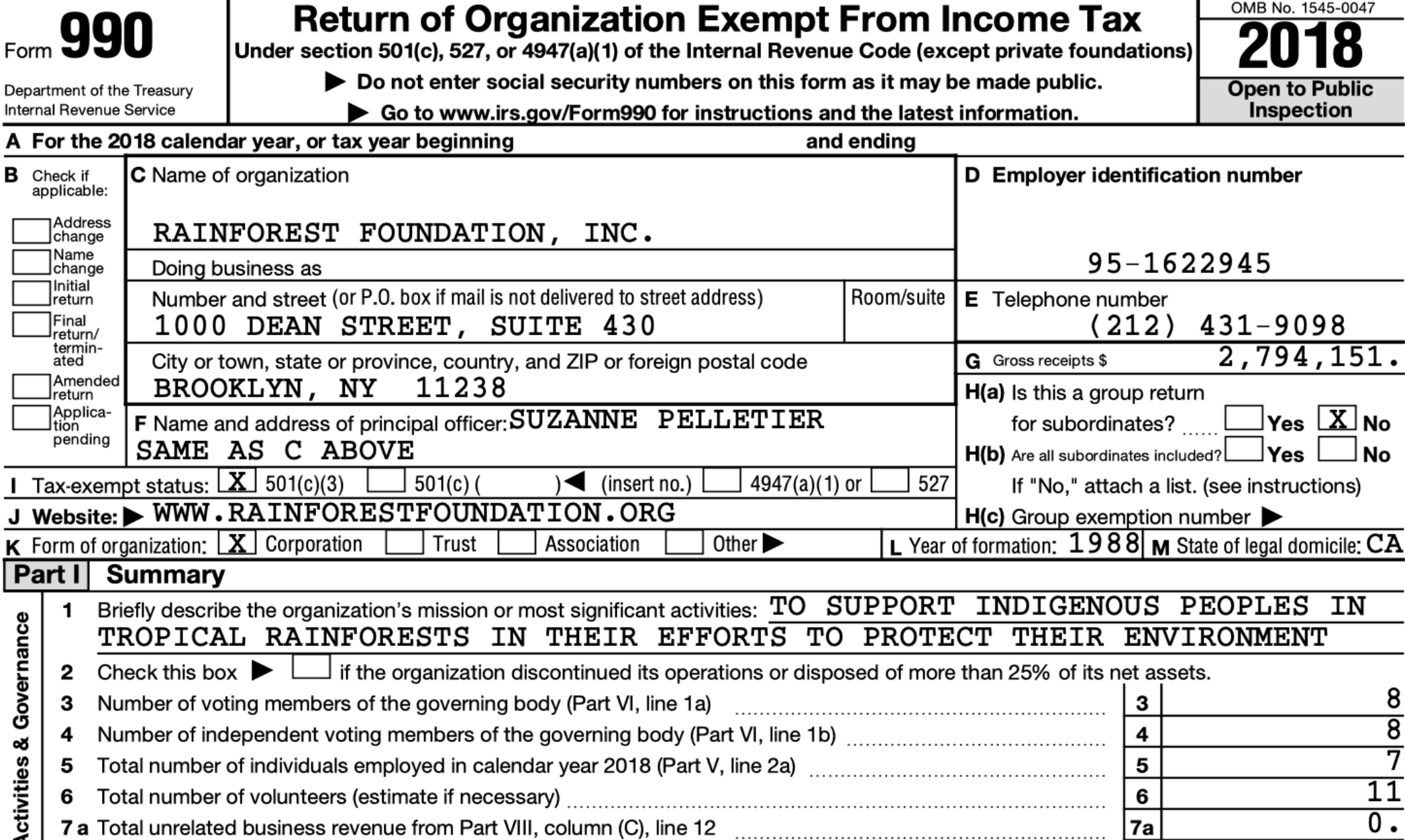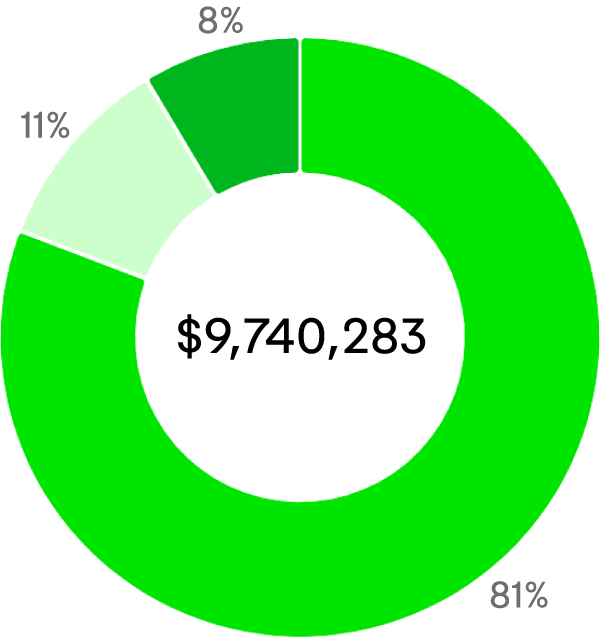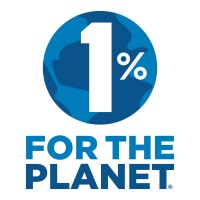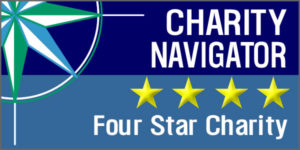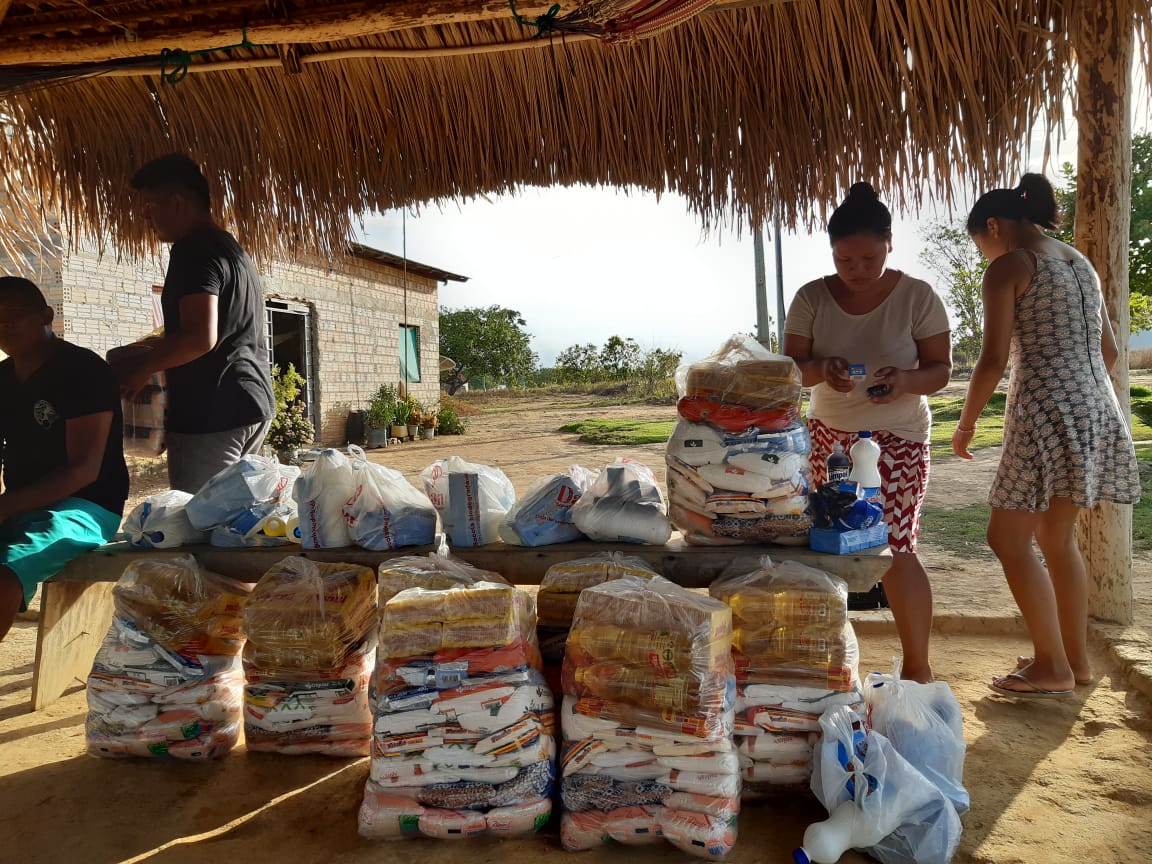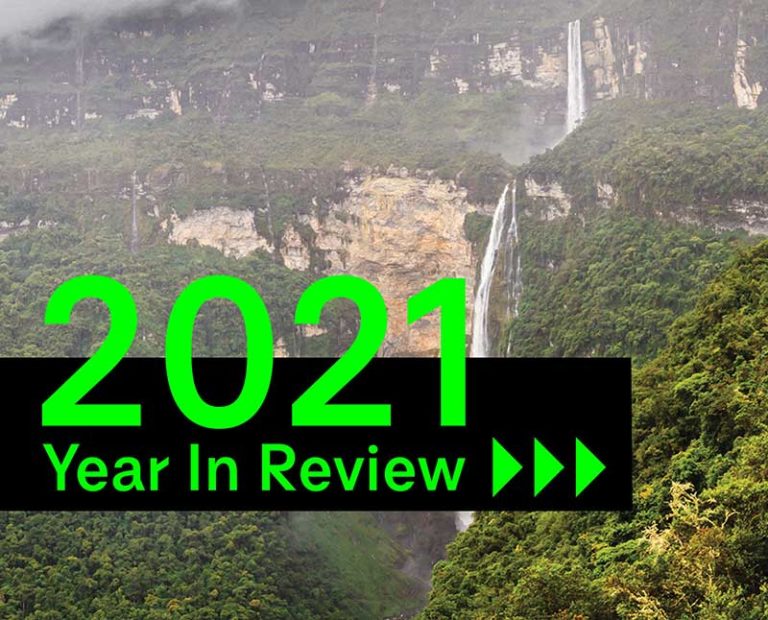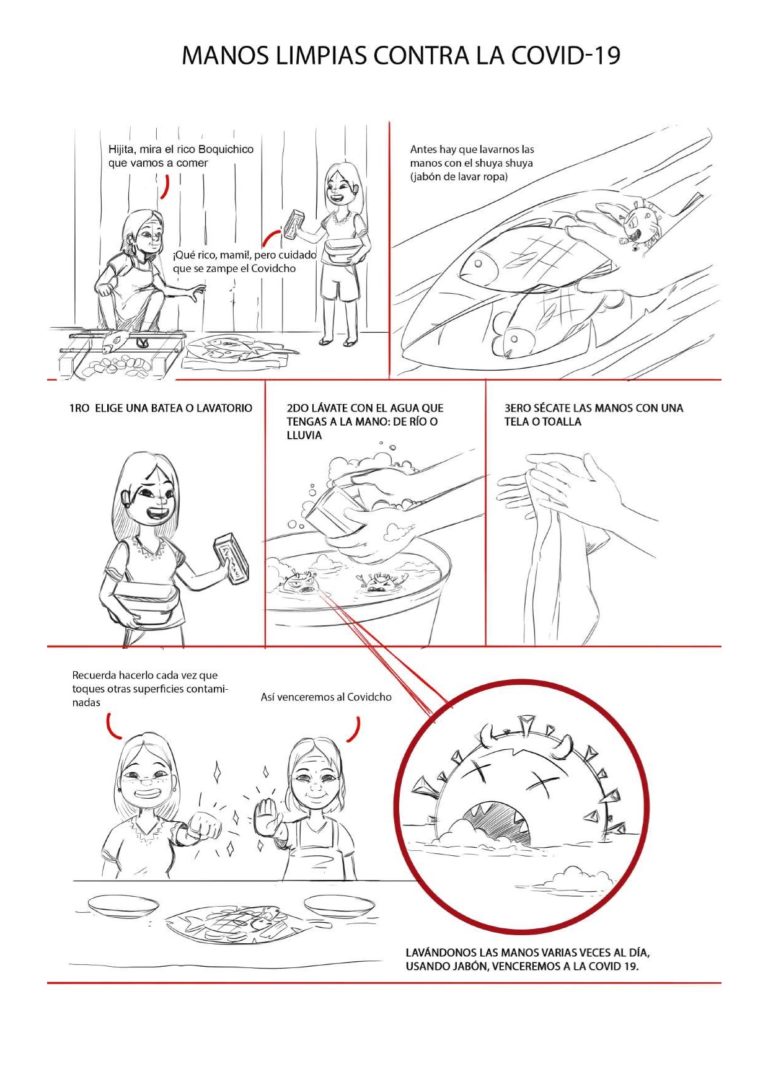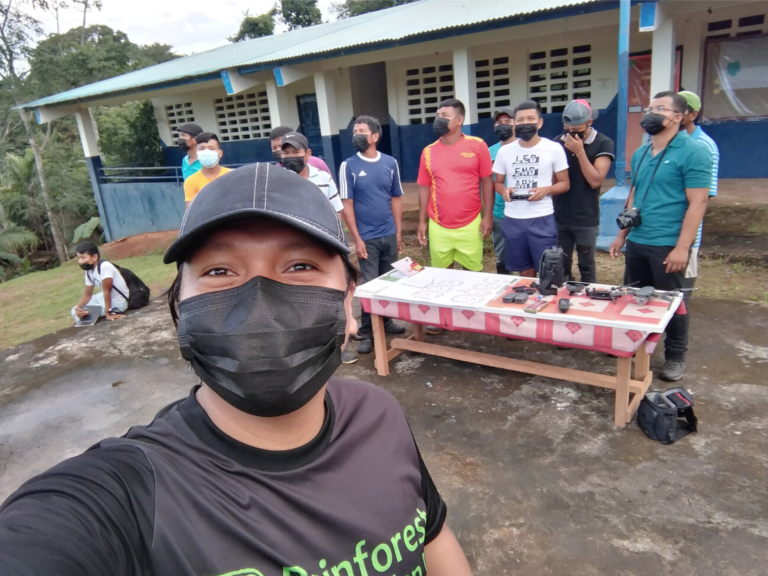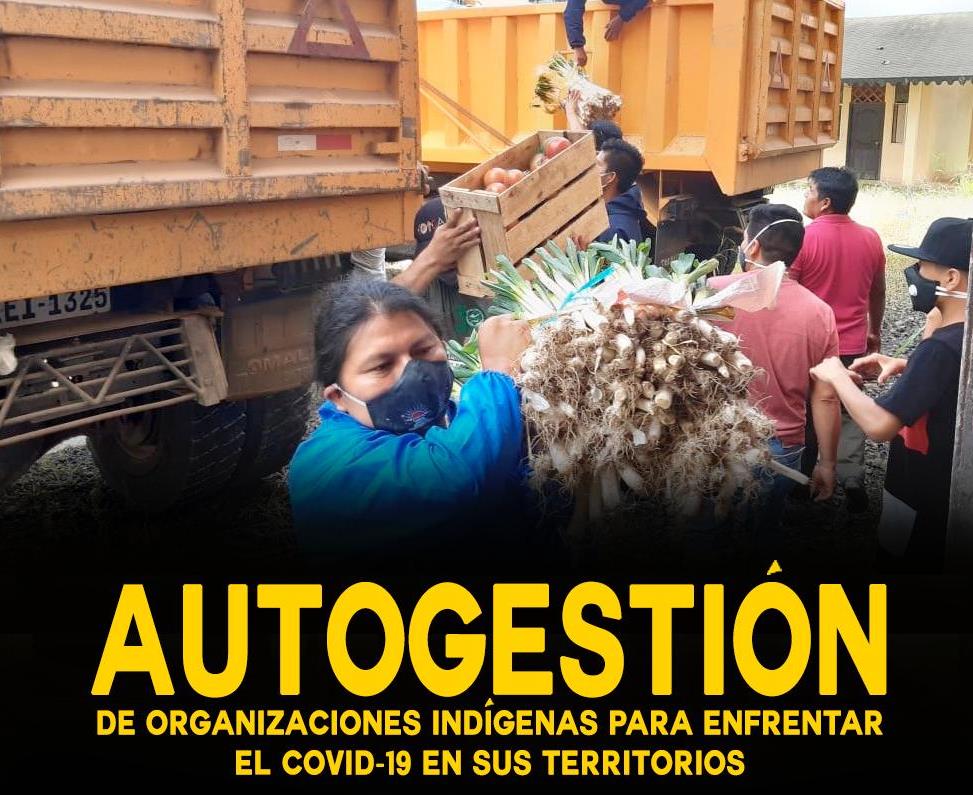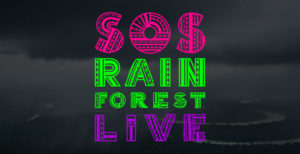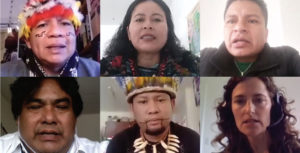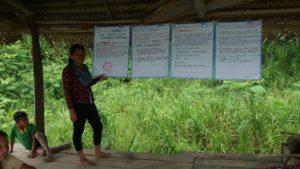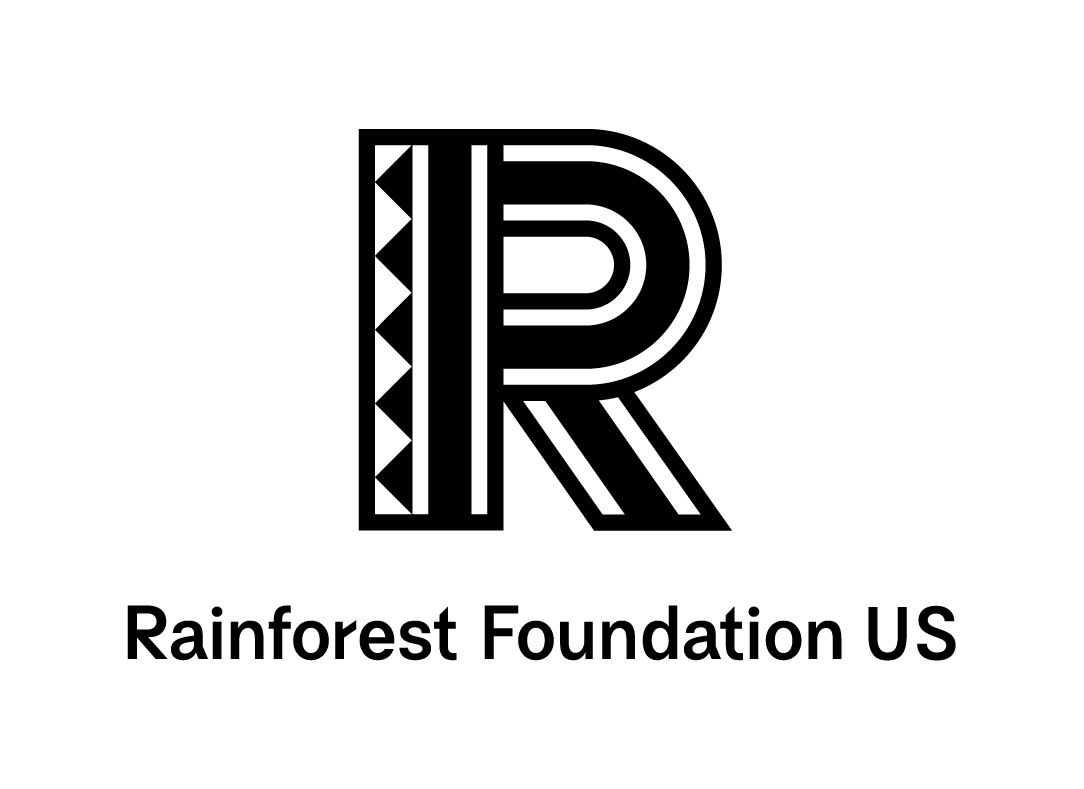Privacy Policy
The Rainforest Foundation-US (RF-US) respects the privacy of each individual who contacts us. The Rainforest Foundation-US (RF-US) will not sell, share, or trade the personal information of donors or individuals who contact us. We are grateful for your support and the crucial role you play in helping us continue our valuable work. As part of our commitment to safeguarding your privacy we have adopted the online privacy policy outlined below.
Collection and Use of Information
We collect two kinds of information: (i) site usage data, which is not individually identifiable, and (ii) individually identifiable information.
Site Usage Data
Our Web server automatically recognizes and collects the domain name of each visitor to our Web site. We collect information about visitors to our site, such as the number of visitors, what pages they access and the length of their visit. This information is used in aggregate form in order to manage our Web site and improve its content. Visitors to RF-US’s website and other online projects are able to browse anonymously. We do log the IP addresses and originating domains of visitors to our site, and several times a year we examine this data to gain a general understanding of traffic on our site and what features on our site may be of special or particular interest. IP addresses are not linked to personally identifiable information.
Individually Identifiable Information
We collect individually identifiable information about you when you choose to share information about yourself, for example, when you make a donation, request information or sign up to be an advocate. This information may include your postal or e-mail address, telephone number and issues of interest Individually identifiable information is used to provide you with information or to deliver the services you have requested. If you provide your postal address, telephone number or e-mail address to the RF-US online, you may receive periodic contacts from us. In the future, on certain parts of some of our site, only persons who provide us with the requested personally identifiable information may be able to use tools or otherwise participate in the site’s activities and offerings. We also may collect certain non-personally identifiable information when you visit some Web pages or fill out forms such as the type of browser you are using (e.g., Google Chrome, Firefox, Safari), the type of operating system you are using, (e.g., Windows, Mac OS, Android) and the domain name of your Internet service provider (e.g., Optimum, Verizon, Comcast).
Community Tools
Some portions of our site may provide special services and offer interactive tools that allow users to upload information for public consumption. In some cases, users can share experiences, give advice and connect with others. Please remember hat chat rooms, message boards and personal pages are public forums and personal information disclosed there will be seen by others. In addition, please exercise caution when posting information or providing information about yourself to others, especially contact information, such as street address, telephone number or email address.
Cookies
We use a technology called a “cookie” to recognize you when you return to our site. Cookies help make your visit more convenient and enjoyable. However, if you wish, you may direct your browser to reject cookies.
Sharing Information with Others
RF-US respects and protects the privacy of our volunteers, donors, supporters, and patrons, as well as of individuals visiting our web site and other online projects. We do not sell, rent, share, or exchange our e-mail lists. RF-US maintains a database that includes contact information about our volunteers, donors, supporters, and patrons. Our database will not be sold, rented, shared, exchanged, or be used for anything other than RF-US activity.
Email Communications
We occasionally send out an email newsletter and direct email communications to RF-US site visitors to highlight news, information and opportunities available from the RF-US. You can elect not to receive communications from us, by noting your preference in response to communications from us. In addition, all RF-US a-newsletters and direct email communications have easy-to-follow unsubscribe instructions at, the bottom of each email.
Links to Other Sites
Our site will at times link to other Web sites where you can find out more about our sponsors or products. Please note that the RF-US is not responsible for the privacy policies and information practices of linked sites. We encourage you to review the privacy policy of each site you visit.
Children Online
Protecting the privacy of the very young is especially important. For that reason, we adhere to the 11998 Children’s Online Privacy Protection Act (COPPA). (For more information, visit the Federal Trade Commission’s COPPA page. Whenever we collect or maintain information at our Web site from those we actually know are under 13, we obtain parental consent before any personally identifiable information is collected, used or disclosed.
Security
In order to prevent unauthorized access and protect our users’ personal information, we strive to maintain physical, electronic and administrative safeguards to secure the information we collect online. For example, online shopping and contributions are processes using a secure server. This secure server software, SSL (Secure Sockets Layer), encrypts all information you input before it is sent to us. Furthermore, all oft e customer transactional data we collect is protected against unauthorized access with the use of digital certificates.
Privacy Policy Changes
If we decide to change our privacy policy, we will post those changes here. We encourage you to review our policy from time to time.
Questions or Concerns
Whenever you have any questions or concerns, please contact us through any medium you prefer. Your complete satisfaction in dealing with the RF-US is important to us. If you have questions about the RF-US’s privacy practices described above, or RF-US generally, please send an e-mail message to gro.s1722066909utser1722066909ofnia1722066909r@nim1722066909da1722066909. Thank you.

